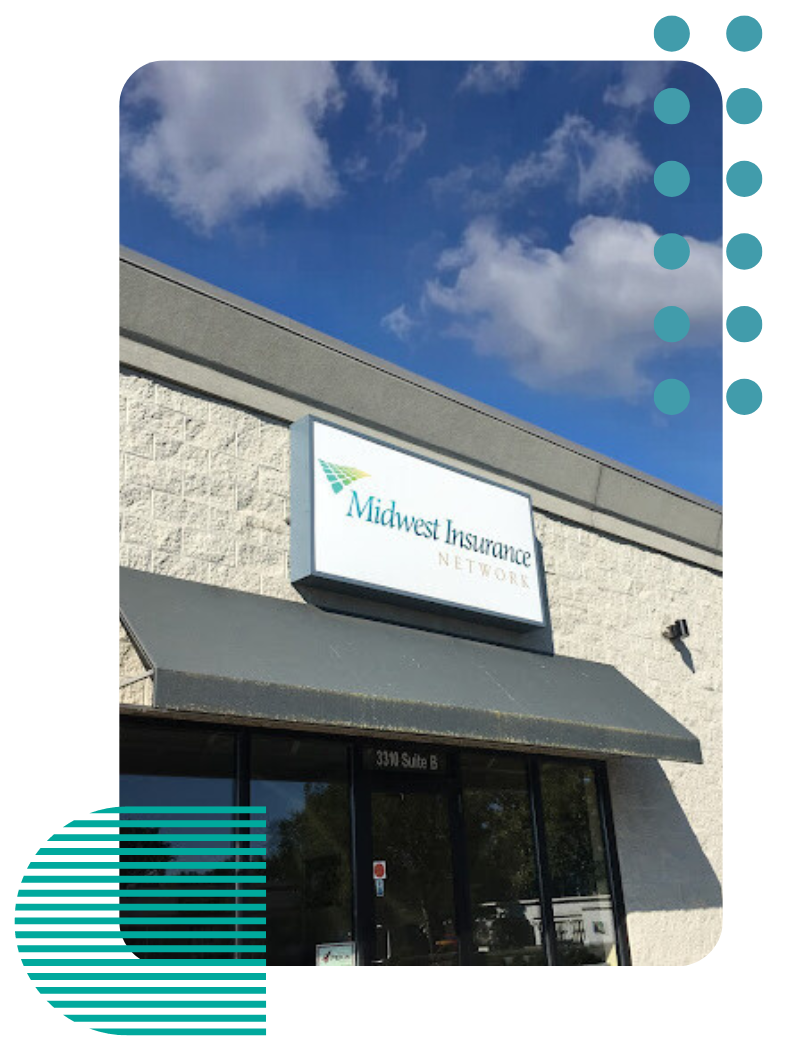Get in touch
419-720-5825
agency@midwest-insure.com
Ohio Fence Installation and Repair Insurance

See How We're Different
or call us: 419-720-5825
Top 3 Recommended Policies
Index
Understanding the Basics of Fence Installation and Repair Insurance
Key Features of Fence Installation and Repair Insurance
Choosing the Right Insurance Provider in Ohio
Navigating Ohio's Insurance Regulations
Filing a Claim: What You Need to Know
Frequently Asked Questions about Fence Installation and Repair Insurance in Ohio
Contact Us
Phone
agency@midwest-insure.com
Location
Northwood, OH
3310 Woodville Road, Suite D
Northwood, OH 43619
Elmore, OH
361 Rice Street
Elmore, OH 43416
In the bustling world of construction and home improvement, fence installation and repair stands as a vital service for property owners. However, like many trades, the business comes with its own set of risks, making insurance a necessary consideration. This guide will navigate the essentials of fence installation and repair insurance in Ohio, outlining its importance, features, regulations, and practical advice for business owners.
Understanding the Basics of Fence Installation and Repair Insurance
When it comes to protecting your business against unforeseen events, understanding fence installation and repair insurance is crucial. This type of insurance is designed to cover various risks associated with the specialized work that fencing contractors undertake, from property damage to liability issues.
What is Fence Installation and Repair Insurance?
Fence installation and repair insurance primarily provides coverage against damages associated with installing or repairing fences. This includes general liability insurance, which protects against injuries that may occur on the job site, and property damage coverage for any unintended harm to clients' properties during installation or repairs.
Additionally, this insurance may encompass workers' compensation insurance, which aids in covering medical costs and lost wages for employees who may get injured while on the job. Understanding the specific terms and conditions of these policies is vital for ensuring comprehensive coverage. It's also important to note that some insurance providers offer specialized endorsements that can be added to your policy, such as coverage for tools and equipment, which can be particularly beneficial for contractors who rely heavily on expensive machinery.
Why is it Important for Your Business?
Having the right insurance is not just a legal necessity; it's also a smart business practice. First and foremost, fence installation and repair insurance protects your business's financial health. In the event of a lawsuit or an accident leading to property damage, the costs can quickly spiral out of control.
Furthermore, this insurance factor can play a role in gaining the trust of potential clients. Many property owners prefer to hire contractors that are fully insured, as it gives them peace of mind knowing that any accidents will be covered, thus potentially increasing your business's competitiveness in the market. Moreover, being insured can enhance your business's reputation, as it signals professionalism and a commitment to safety. Clients are more likely to refer you to others if they feel secure in the knowledge that their property is protected and that you take your responsibilities seriously. This can lead to increased word-of-mouth referrals, which are invaluable in the contracting industry.

Key Features of Fence Installation and Repair Insurance
Understanding the key features of fence installation and repair insurance helps business owners identify what specific protections they require. Here are some of the main components to consider:
Coverage Options
- General Liability Insurance: This covers claims for bodily injury and property damage arising from your business operations.
- Commercial Auto Insurance: If you transport materials or tools, this coverage is necessary for any vehicles used in business operations.
- Workers' Compensation Insurance: Essential for protecting your employees, covering medical expenses and lost wages for job-related injuries.
- Professional Liability Insurance: This is beneficial if you provide expert advice, covering claims related to negligence or failure to deliver promised services.
Cost Factors
The cost of fence installation and repair insurance can vary significantly based on a number of factors. These include the size of your business, the scope of operations, the geographical area served, and the types of coverage selected. For instance, businesses operating in areas with higher risk factors may see increased premiums.
Additionally, a strong safety record and fewer claims can lead to lower rates, making comprehensive risk management initiatives an effective strategy for mitigating costs. It’s essential for business owners to shop around and compare quotes from different insurance providers for the best value.
Moreover, understanding the nuances of each policy is crucial. Some insurers may offer discounts for bundling multiple types of coverage, such as combining general liability with commercial auto insurance. This not only simplifies the management of your policies but can also lead to significant savings. Additionally, being proactive about safety training for employees can further enhance your risk profile, potentially resulting in lower premiums and a more favorable relationship with your insurance provider.
Another important aspect to consider is the claims process. Familiarizing yourself with how to file a claim, what documentation is needed, and the typical timelines can save you valuable time and stress in the event of an incident. Some insurance companies offer dedicated claims representatives who can guide you through the process, ensuring that you receive the support you need when it matters most. This level of service can be a deciding factor when choosing an insurance provider, as it directly impacts your ability to recover from unforeseen events efficiently.
Choosing the Right Insurance Provider in Ohio
Selecting the right insurance provider is as crucial as having the right type of insurance. It's important to evaluate and consider various factors when making this choice to ensure that you receive the best protection possible for your business.
Things to Consider When Selecting a Provider
- Coverage Options: Look for providers that offer comprehensive policies tailored to the needs of fencing contractors.
- Experience: Choose a provider with experience in the construction or fencing industry, as they will have a better understanding of the risks involved.
- Customer Service: Evaluate the level of customer support provided, as quick responsiveness can be crucial during emergencies.
- Financial Stability: Research the provider’s financial health to ensure they can meet their obligations during a claim.
Common Mistakes to Avoid
It’s easy to make mistakes when securing insurance, especially if you are new to the process. One common pitfall is underinsuring your business. This can lead to significant out-of-pocket expenses in the event of a major claim.
Failing to read the fine print or understand the exclusions in the policy is another mistake. This will leave you unaware of what is not covered, potentially leaving your business vulnerable. Always consult with an insurance agent to clarify unfamiliar terms and conditions.
Additionally, many business owners overlook the importance of reviewing their policies regularly. As your business grows and evolves, your insurance needs may change. Regularly assessing your coverage ensures that you are not caught off guard by new risks or changes in your operations. It’s advisable to schedule annual reviews with your insurance provider to discuss any adjustments that may be necessary to keep your policy aligned with your current business activities.
Another common error is failing to compare multiple insurance quotes. Each provider may offer different pricing structures and coverage options, which can significantly impact your overall costs and protection. By obtaining quotes from several companies, you can make a more informed decision and potentially save money while ensuring adequate coverage. Online comparison tools can be particularly useful in this regard, allowing you to quickly assess various policies side by side.
Navigating Ohio's Insurance Regulations
Operating a fence installation and repair business in Ohio requires compliance with specific state regulations regarding insurance. Understanding these regulations ensures your business operates within the legal framework and avoids potential penalties.
State Requirements for Fence Installation and Repair Insurance
Ohio does not have a specific mandate requiring fencing contractors to carry insurance. However, general liability insurance is highly recommended to protect your business and maintain credibility in the industry. Certain projects, especially those involving public property, may require proof of insurance as a contractual obligation.
Additionally, workers’ compensation coverage is mandatory for businesses with employees in Ohio, and compliance with this regulation is non-negotiable to avoid fines and penalties. This coverage not only protects your employees in case of work-related injuries but also shields your business from potential lawsuits that could arise from workplace accidents.
How to Stay Compliant
Staying compliant involves regularly reviewing your insurance coverages and ensuring they meet industry standards and regulations. Keeping updated with any legislative changes in Ohio can affect your business operations, so subscribe to local business newsletters or legal bulletins related to the construction industry. Engaging with local trade associations can also provide valuable insights and resources to help you navigate the complexities of insurance requirements.
Moreover, maintaining thorough documentation of your insurance policies and communicating with your provider concerning changes in your business operations can prevent compliance issues from arising unexpectedly. It’s also prudent to conduct periodic risk assessments; understanding the specific risks associated with your projects can help you tailor your insurance coverage effectively. This proactive approach not only enhances your business's safety but also builds trust with clients, as they see your commitment to professionalism and risk management.

Filing a Claim: What You Need to Know
Despite taking all precautions, accidents can happen. Knowing how to navigate the claims process effectively can mitigate any frustrations that arise should you need to file a claim.
Steps to File a Claim
- Notify Your Insurance Provider: As soon as the incident occurs, contact your insurance provider to inform them of the situation.
- Document the Incident: Gather evidence including photographs, witness statements, and any police reports if applicable.
- Complete the Claim Form: Your provider will likely require you to fill out a claims form detailing the incident and how it occurred.
- Follow Up: Stay in communication with your provider to ensure your claim is being processed and to answer any follow-up questions.
Understanding the Claim Process
Your insurance provider will review the claim and assess the damages. During this phase, they may send an adjuster to inspect the damages in person. Being proactive and responsive during this stage is crucial as it may expedite the claims process.
Once the investigation is complete, your provider will inform you of the outcome. If the claim is approved, the insurance company will initiate payment for the damages, ensuring you can continue your operations with minimal disruption.
It’s important to be aware that the timeline for claims processing can vary significantly based on the complexity of the incident and the insurance company’s policies. Some claims may be resolved within a few days, while others could take weeks or even months. Therefore, maintaining organized records and having all necessary documentation readily available can greatly assist in speeding up the process. Additionally, understanding your policy’s coverage limits and exclusions can prepare you for any potential surprises during the claims review.
Moreover, if your claim is denied or if you feel the settlement offer is insufficient, you have the right to appeal the decision. This may involve providing additional evidence or seeking a second opinion from an independent adjuster. Knowing your rights and the appeals process can empower you to advocate effectively for a fair resolution, ensuring that you receive the support you need during challenging times.
Frequently Asked Questions about Fence Installation and Repair Insurance in Ohio
Business owners often have questions regarding what specifics are covered under their insurance policies as well as the costs associated with them. Here are some frequently asked questions.
What Does the Insurance Typically Cover?
Policy coverage can vary by provider, but generally, it includes bodily injury liability, property damage liability, medical payments, and worker's compensation. Additional options can cover theft of tools and materials, equipment breakdown, and more specialized needs as identified by the contractor.
It's essential to carefully evaluate the coverage options and discuss these with your agent to ensure that all potential risks specific to your operation are covered. For instance, if your business involves working on large commercial projects, you might need higher limits on your liability coverage to protect against the increased risks associated with larger job sites. Additionally, consider coverage for environmental liabilities, especially if your work involves the use of chemicals or other materials that could pose a risk to the environment.
How Much Does it Cost on Average?
The average cost of fence installation and repair insurance can range widely, typically falling between $500 and $2,500 annually. This figure is influenced by factors such as the size of your business, your claims history, the type of services offered, and the locality in which you operate.
Getting multiple quotes can help you understand the available options and ensure you are paying a fair price for your coverage needs. It is advisable to budget for this as part of your business operations to maintain proper coverage year-round. Additionally, some insurers may offer discounts for bundling multiple policies or for maintaining a good safety record, so it's worth discussing these possibilities with your insurance agent. By actively managing your risk and demonstrating a commitment to safety, you may be able to lower your premiums over time.
REQUEST A QUOTE
Get fence installation and repair insurance today!
Fence Installation and Repair Insurance
We will get back to you as soon as possible.
Please try again later.
Midwest Insurance Network is an independent insurance agency offering a one-on-one service for all our insurance clients. We help you navigate the sea of policy options and clarify any questions or concerns you may have along the way.
Quick Links
Services
All Rights Reserved | Midwest Insurance Network.



